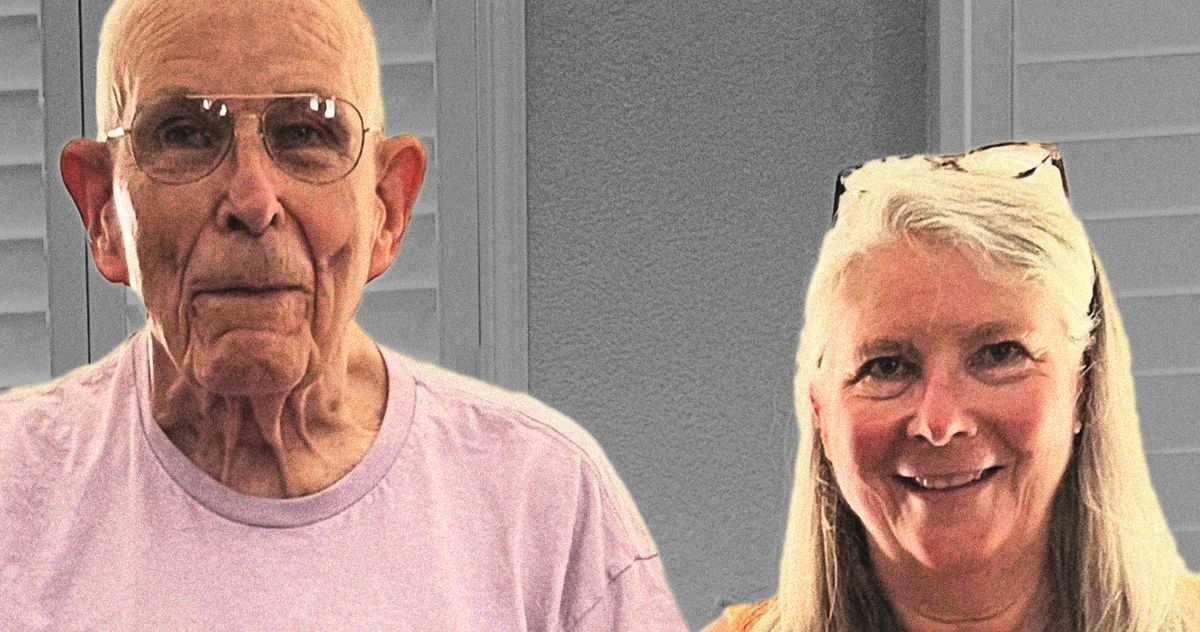Viewing 515 Results
-
:focal(1893x1262:1894x1263)/https://tf-cmsv2-smithsonianmag-media.s3.amazonaws.com/filer_public/2f/28/2f285acf-f9a1-45a2-9a61-1bf93e1b43d8/passthru-drawer_out.jpeg)
Smithsonian magazine mentions Africana studies professor Kellie Carter Jackson’s take on an Underground Railroad hiding spot
CategoriesPublished:In a story about a recently discovered secret passageway likely from the Underground Railroad, Smithsonian refers to a New York Times interview with Africana studies professor Kellie Carter Jackson.
-

Economics professor Phillip Levine talks to the Globe about universities pledging to cover full tuition for some students
CategoriesPublished:Though the sticker price for higher education is rising, more universities say they’ll cover the costs for some students. Economist Phillip Levine says these policies have become more common.
-

Petra Rivera-Rideau talked about Bad Bunny with the daily newspaper of Santiago, Chile
CategoriesPublished:American studies professor Petra Rivera-Rideau told La Tercera that while Bad Bunny’s Super Bowl show doesn’t change societal inequalities, it brought the situation in Puerto Rico to the forefront.
-

Kellie Carter Jackson talks with the New York Times about New York City’s links to the abolitionist movement
CategoriesPublished:In a story about a hiding place found in New York, Kellie Carter Jackson, associate professor of Africana studies, noted that the city had community networks that supported the Underground Railroad.
-

Senior research scientist Linda Charmaraman analyzes a groundbreaking study tracking 25,000 teens’ social media use over three years
CategoriesPublished:Wellesley Centers for Women senior research scientist Linda Charmaraman talks to PBS about a three-year study that found social media use did not predict teens’ anxiety or depression.
-

Associate teaching professor Heather Bryant writes for the Cut about meeting and losing her biological father
CategoriesPublished:Heather Bryant, associate teaching professor in writing, on meeting her biological father: “After a lifetime of feeling a secret was being kept from me, I met the man who could tell me the truth.”


